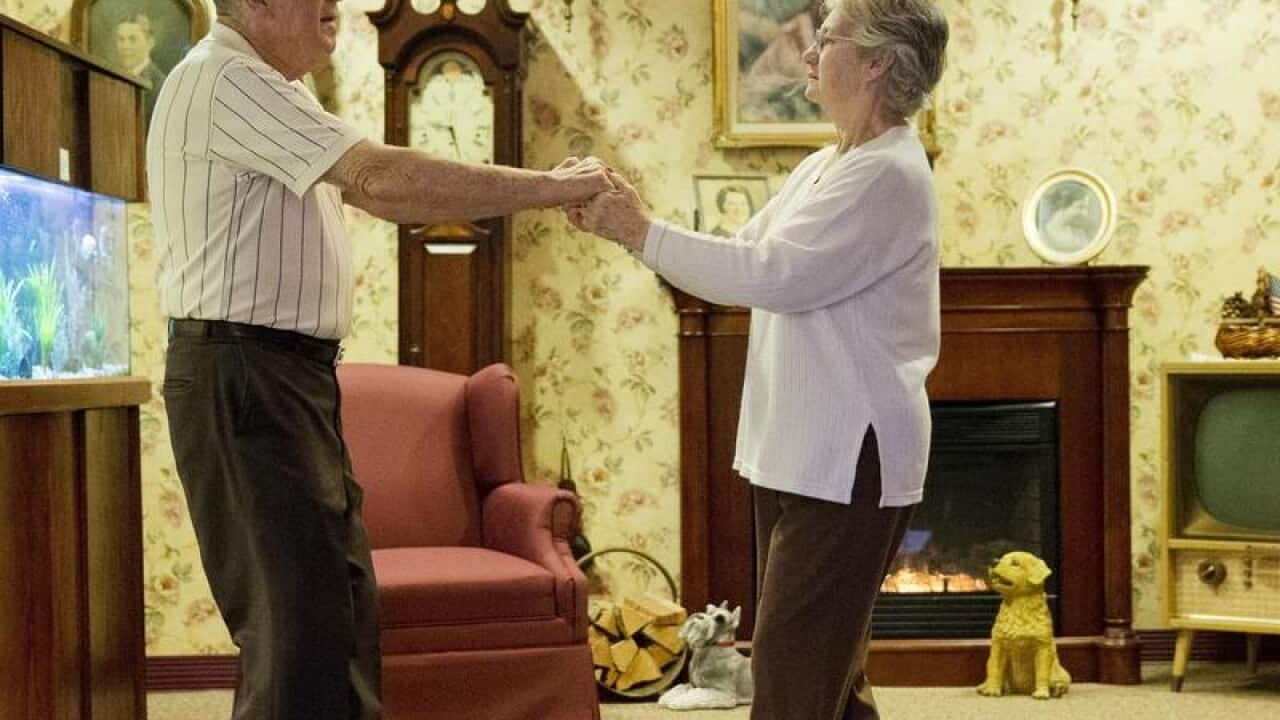Just a simple chat and some social interaction may be all it takes to improve the wellbeing of patients living with dementia.
A large scale UK trial has shown person-centred activities combined with one hour a week of social activity can improve the quality of life and reduce agitation for people with dementia living in care homes.
The findings presented at the Alzheimer's Association International Conference 2017 also shows the intervention can save money.
"Our outcomes show that good staff training and just one hour a week of social interaction significantly improves quality of life for a group of people who can often be forgotten by society," said lead researcher Professor Clive Ballard of the University of Exeter Medical School.
The trial involved more than 800 people with dementia across 69 care homes in South London, North London and Buckinghamshire.
Two 'care staff champions' at each home were trained over four day-long sessions, to take simple measures such as talking to residents about their interests and decisions around their own care.
Dr Jane Fossey from the Oxford Health NHS Foundation Trust says taking a person-centred approach is about really getting to know the resident as an individual.
"Knowing their interests and talking with them while you provide all aspects of care. It can make a massive difference to the person themselves and their carers," said Dr Fossey.
The results reflect the initial findings of the Halting Antipsychotic use in Long Term Care Project conducted in Australia.
De-prescription of antipsychotic medication was achieved in 75 per cent of trial participants after six months through training nurses, dubbed 'Nurse Champions', in person-centred approaches to managing behavioural and psychological symptoms of dementia.
There are still a proportion of people with dementia who benefit from medication but there could be a number of reasons why a patient starts yelling or becomes aggressive, Professor Henry Brodaty told AAP.
The key, he said, is to find out what the behaviour is communicating.

